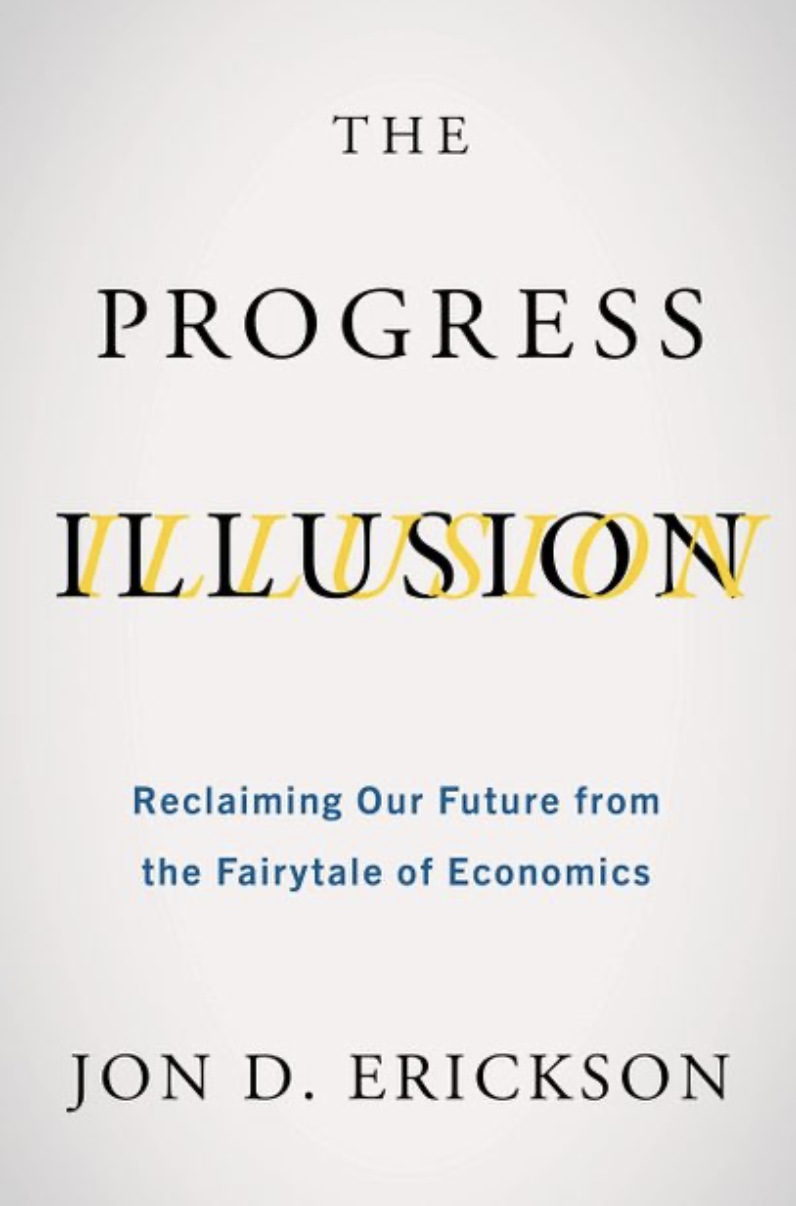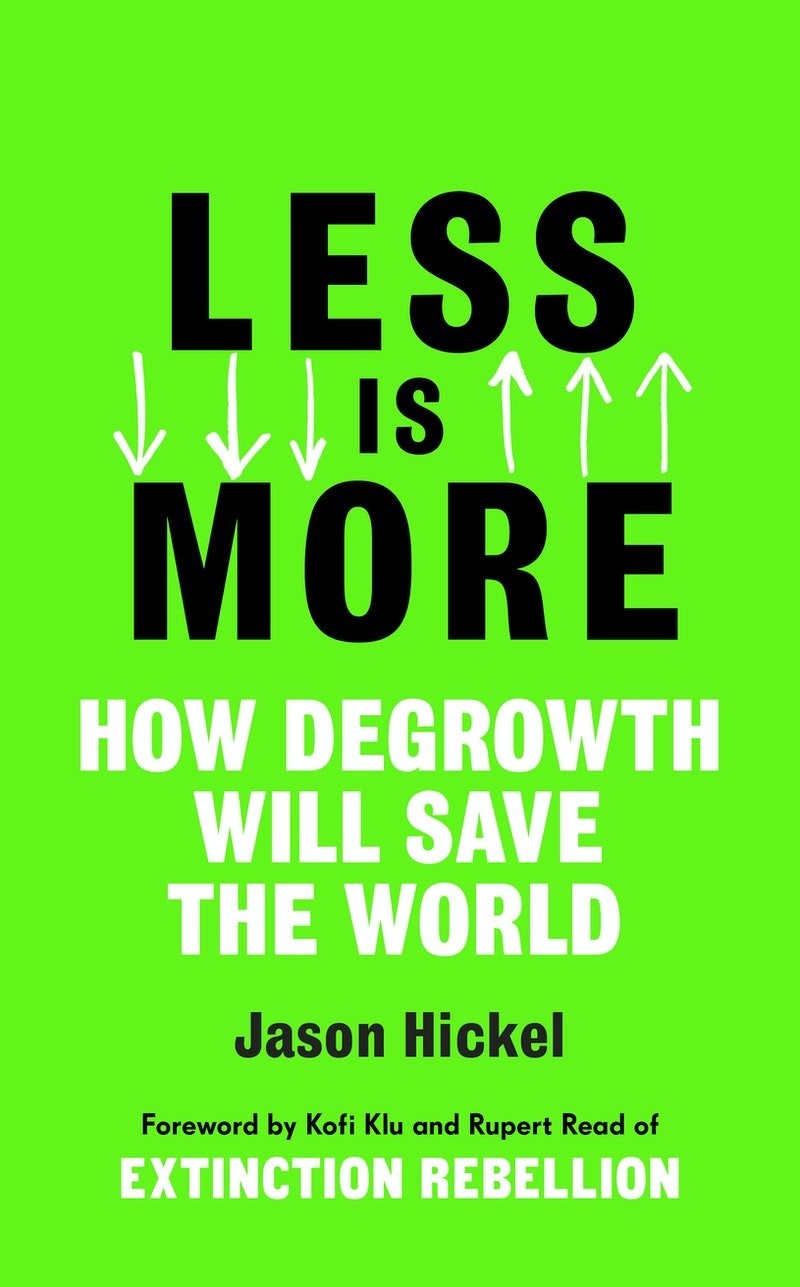December 2, 2022
Economics
'The goal is people over profit, community over consumption, and resilience over recklessness.'

"We live under the illusion of progress: as long as GDP is going up and prices stay low, we accept poverty and pollution as unfortunate but inevitable byproducts of a successful economy. In fact, the infallibility of the free market and the necessity of endless growth are so ingrained in the public consciousness that they seem like scientific fact. Jon Erickson asks, why? With the planet in peril and humanity in crisis, how did we get duped into believing the fairytale of economics? And how can we get past the illusion to design an economy that is socially just and ecologically balanced?
"In The Progress Illusion, Erickson charts the rise of the economic worldview and its infiltration into our daily lives as a theory of everything. Drawing on his own experience as a young economist inoculated in the 1980s era of ""greed is good," Erickson shows how pseudoscience came to dominate economic thought. He pokes holes in the conventional wisdom of neo-classical economics, illustrating how flawed theories about financial decision-making and maximizing efficiency ignore human psychology and morality. Most importantly, he demonstrates how that thinking shaped our politics and determined the course of American public policy. The result has been a system that perpetually concentrates wealth in the hands of a few, while depleting the natural resources on which economies are based."
BOOK SUMMARY: The Progress Illusion Reclaiming Our Future from the Fairytale of Economics




